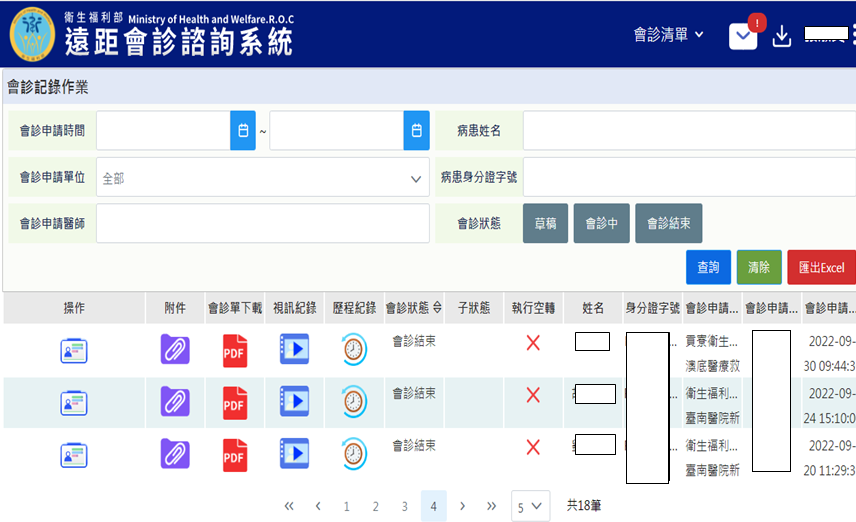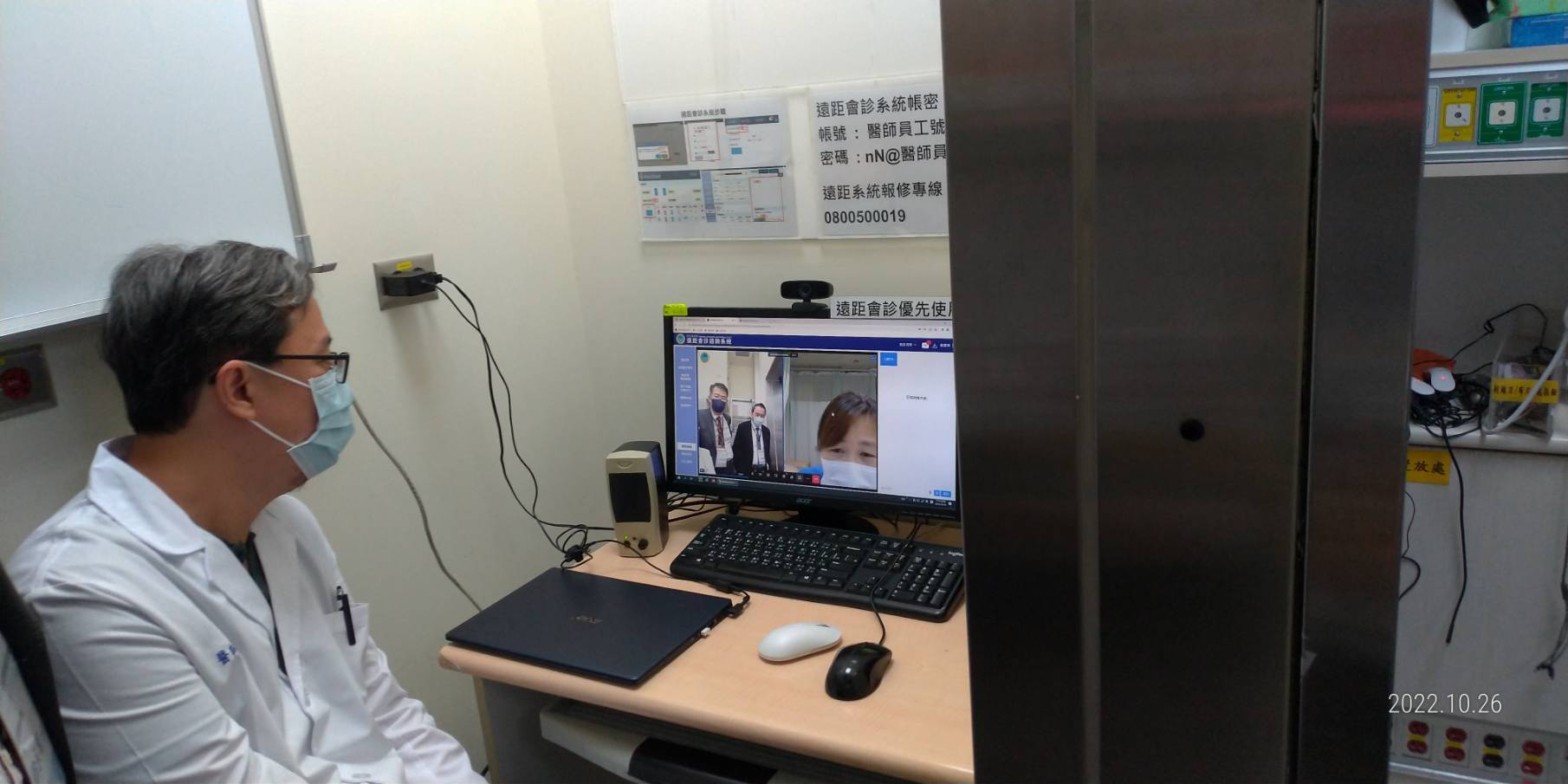Smart Medical Service: Emergency Teleconsultation
Tsung-Yu Chan, Attending Physician, Dept. of Emergency Medicine
In 2021, the Plan for Creating Remote Health Care in Remote Areas proposed by Taiwan’s Ministry of Health and Welfare (MOHW) was implemented in the emergency department of National Cheng Kung University Hospital (NCKUH). Teleconsultation was provided to improve the quality of medical care and the accessibility to medical treatment in areas with insufficient medical referral networks and to implement joint regional disease prevention, emergency evacuation, and referral mechanisms for the treatment of acute and severe illnesses.
NCKUH serves as the base of one of the referral networks. With the changes in the demands for medical services, advances in technology, and adjustment of relevant regulations, the present plan provides the hospitals with guidance on installing basic devices supporting telemedical services. Additionally, to achieve joint regional prevention and reinforce the referral mechanism, remote health care services have been enhanced through the implementation of four strategies, namely teleconsultation, the “green passage,” safe referral, and joint regional prevention, thereby enhancing emergency medicine capacity and resources within the network.
In line with the MOHW’s plan to establish a teleconsultation system, NCKUH has become a designated base hospital in collaboration with Kuo General Hospital and the MOHW-affiliated Xinhua Branch of Tainan Hospital; the Audi Clinic of Gongliao District Public Health Center also acts as an emergency medical center. The teleconsultation system provides a 24-h emergency consultation service to meet general medical needs as well as a consultation service related to subspecialties, which provides additional medical resources. The consultation platform enables the integration of various types of information, and the parties involved in these consultations can share their assessments and findings (such as diagnostic images obtained through picture archiving and communication systems, abstracts about diseases, and treatment information). Moreover, the multiparty consultation platform enables multiple parties to conduct real-time discussion and provide guidance on a patient’s condition and therefore effectively prepare for treatment. Teleconsultation is rooted in the concept of smart medical services and enhances the quality of telemedical services in terms of the prereferral patient assessment in the collaborating hospital and the referral and medical service provision of the base hospital.

Figure 1. The teleconsultation system.

Figure 2. Two-way consultation between the base hospital and the collaborating hospital.
